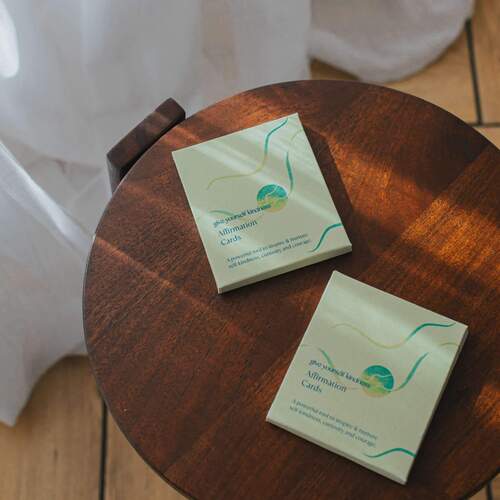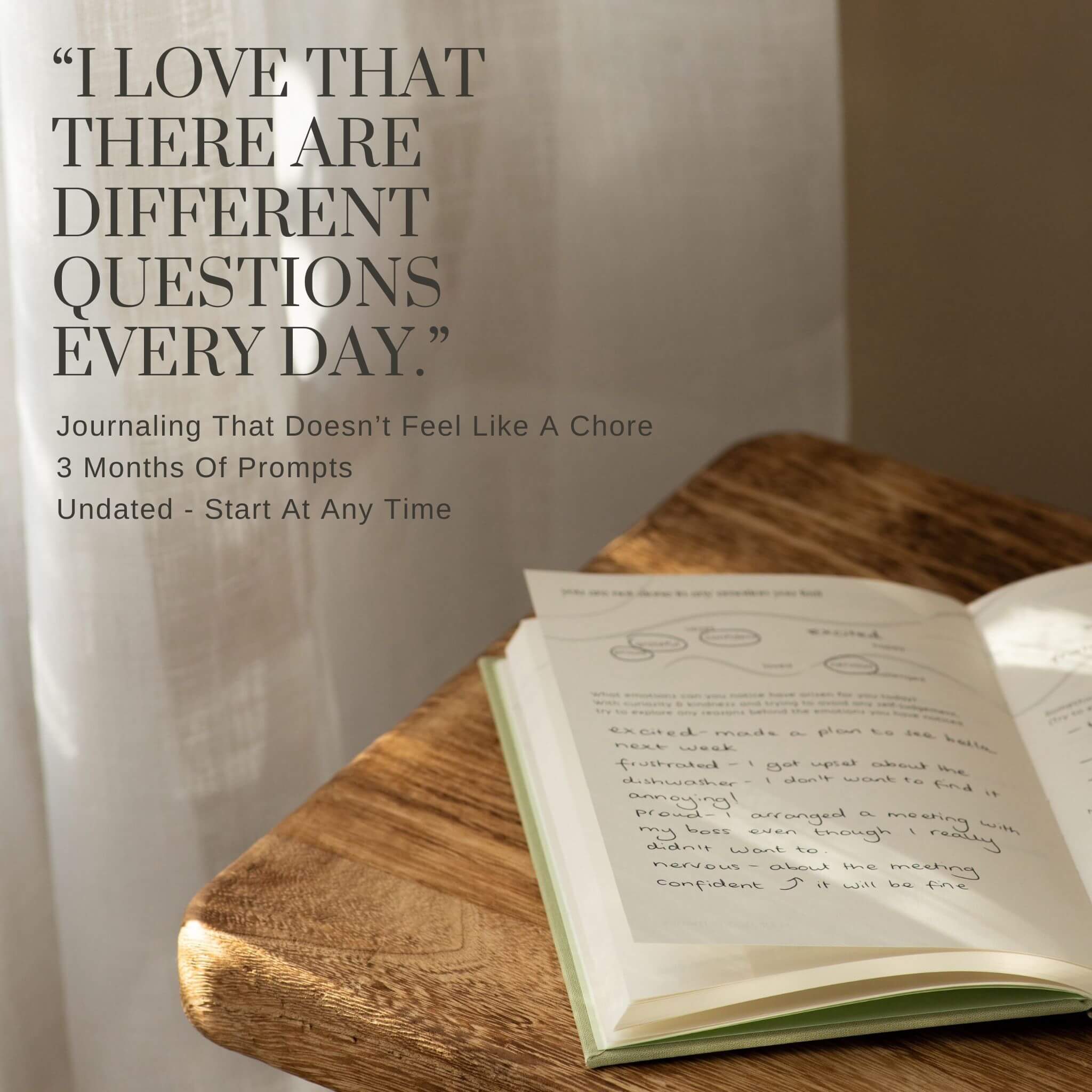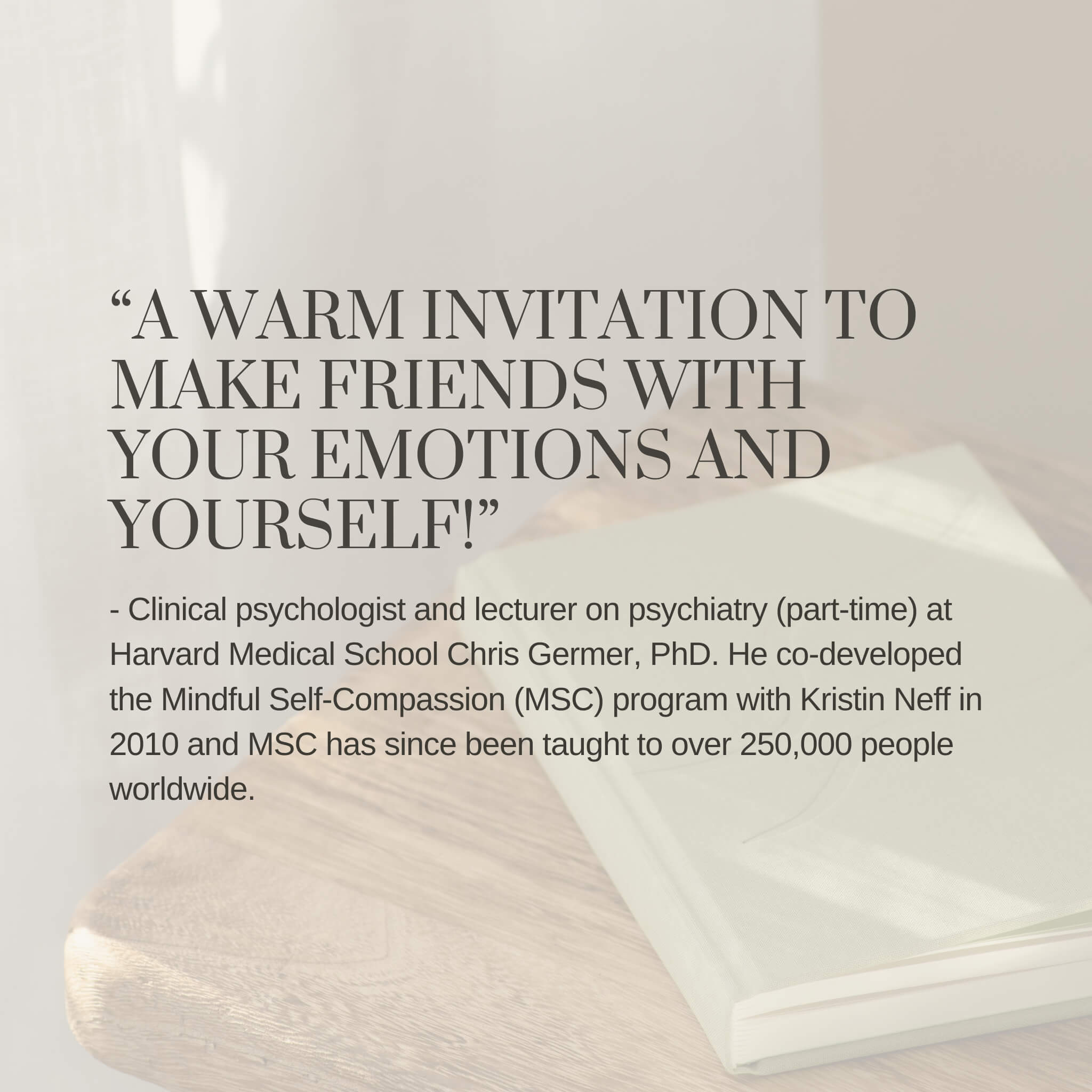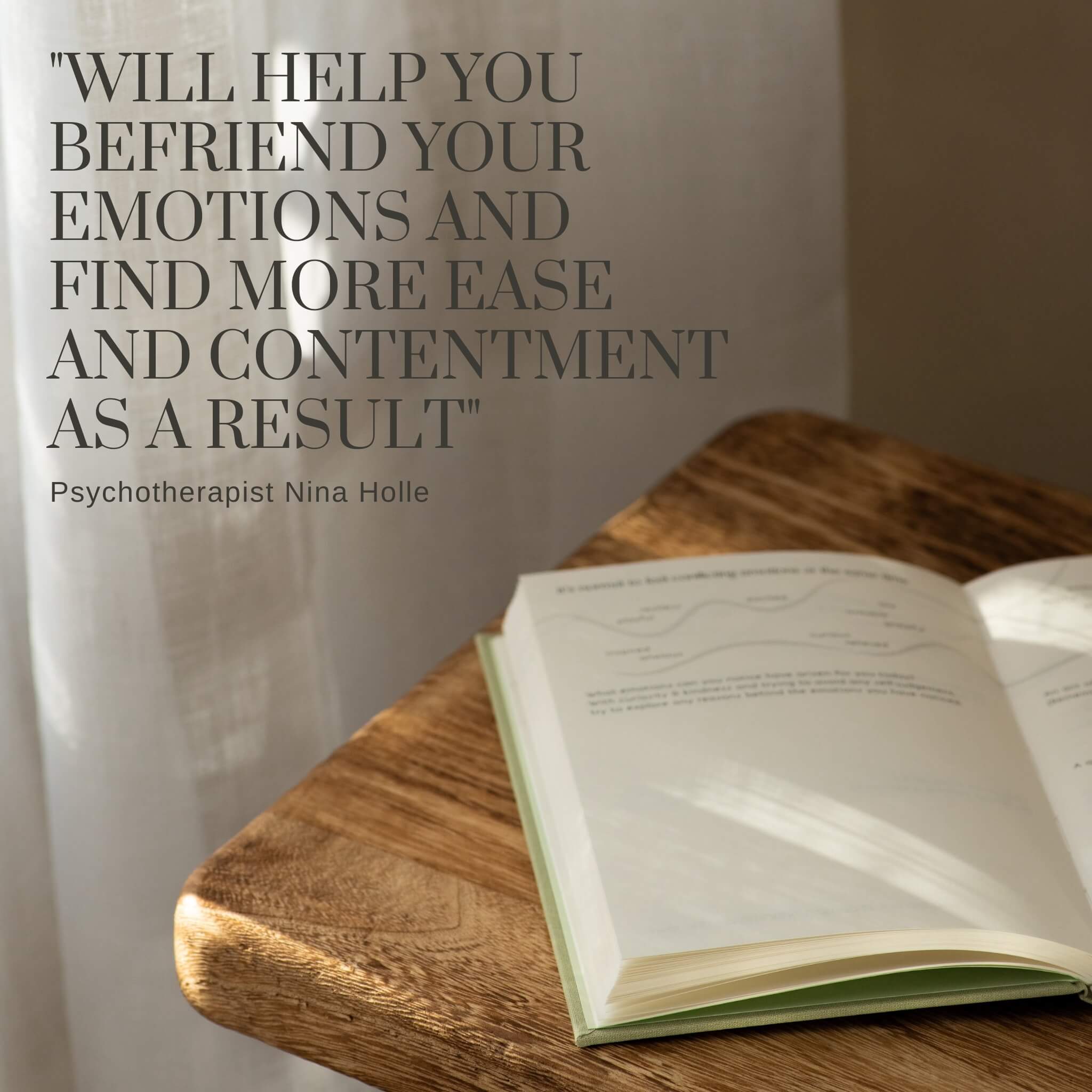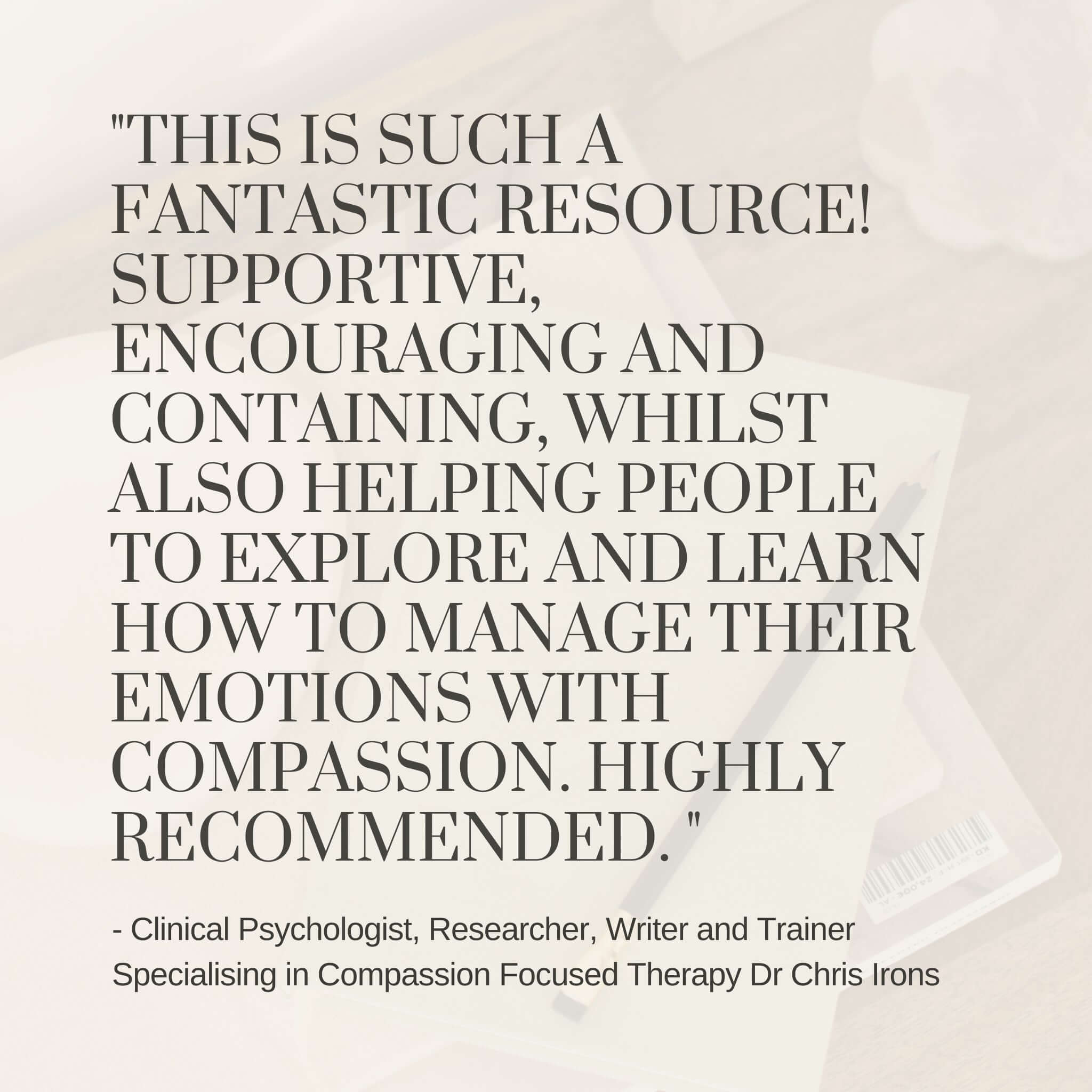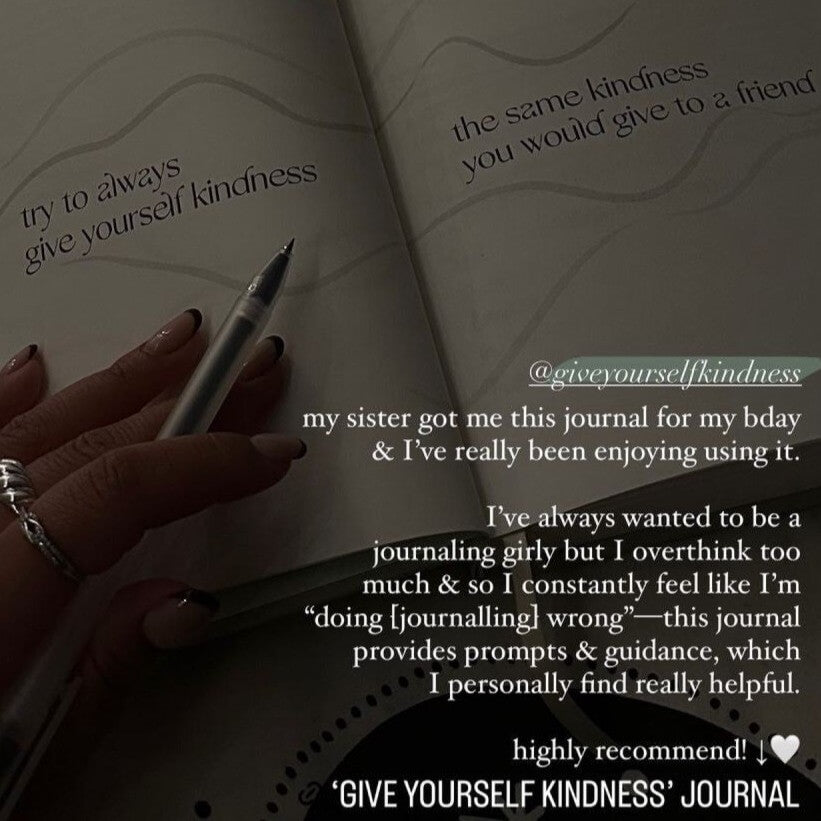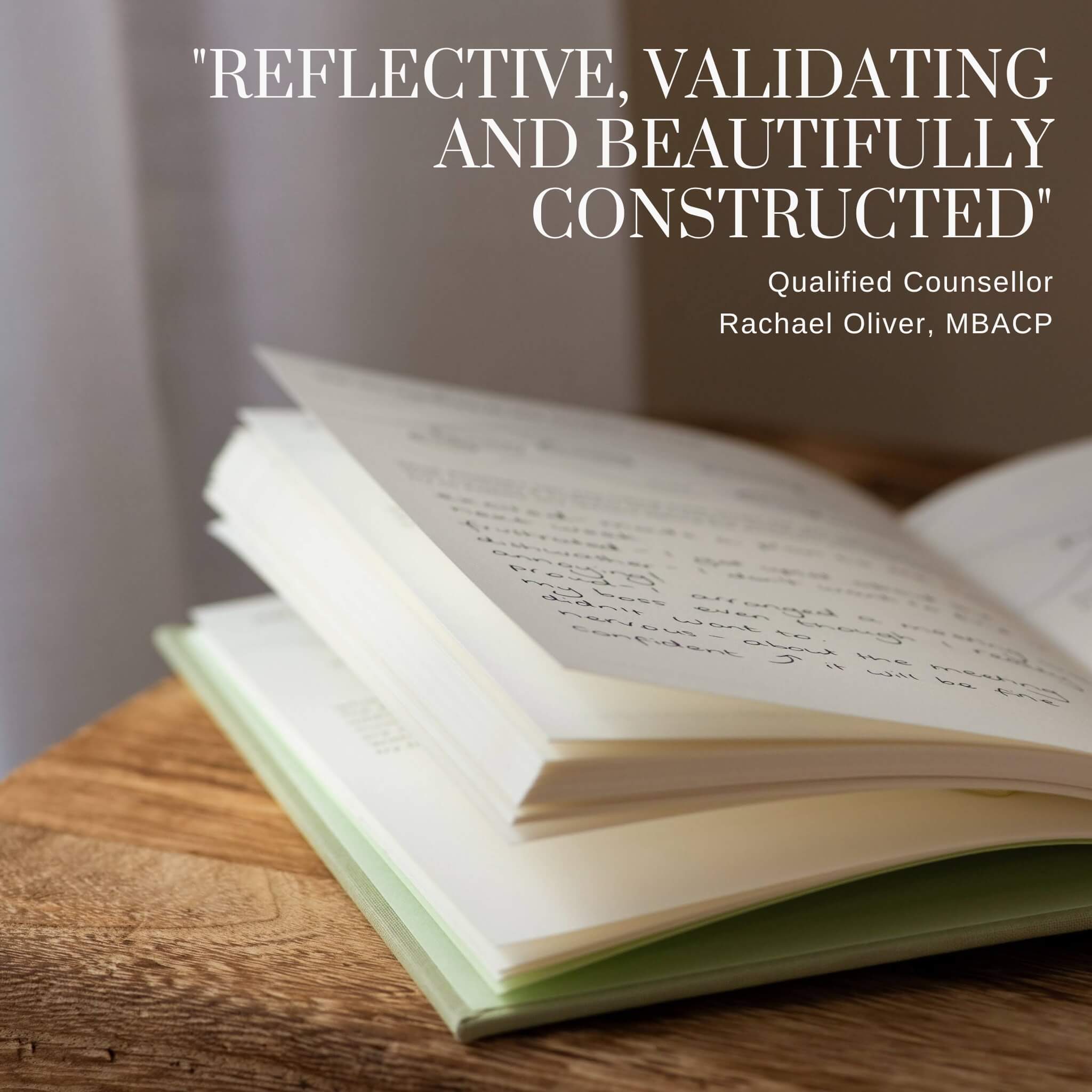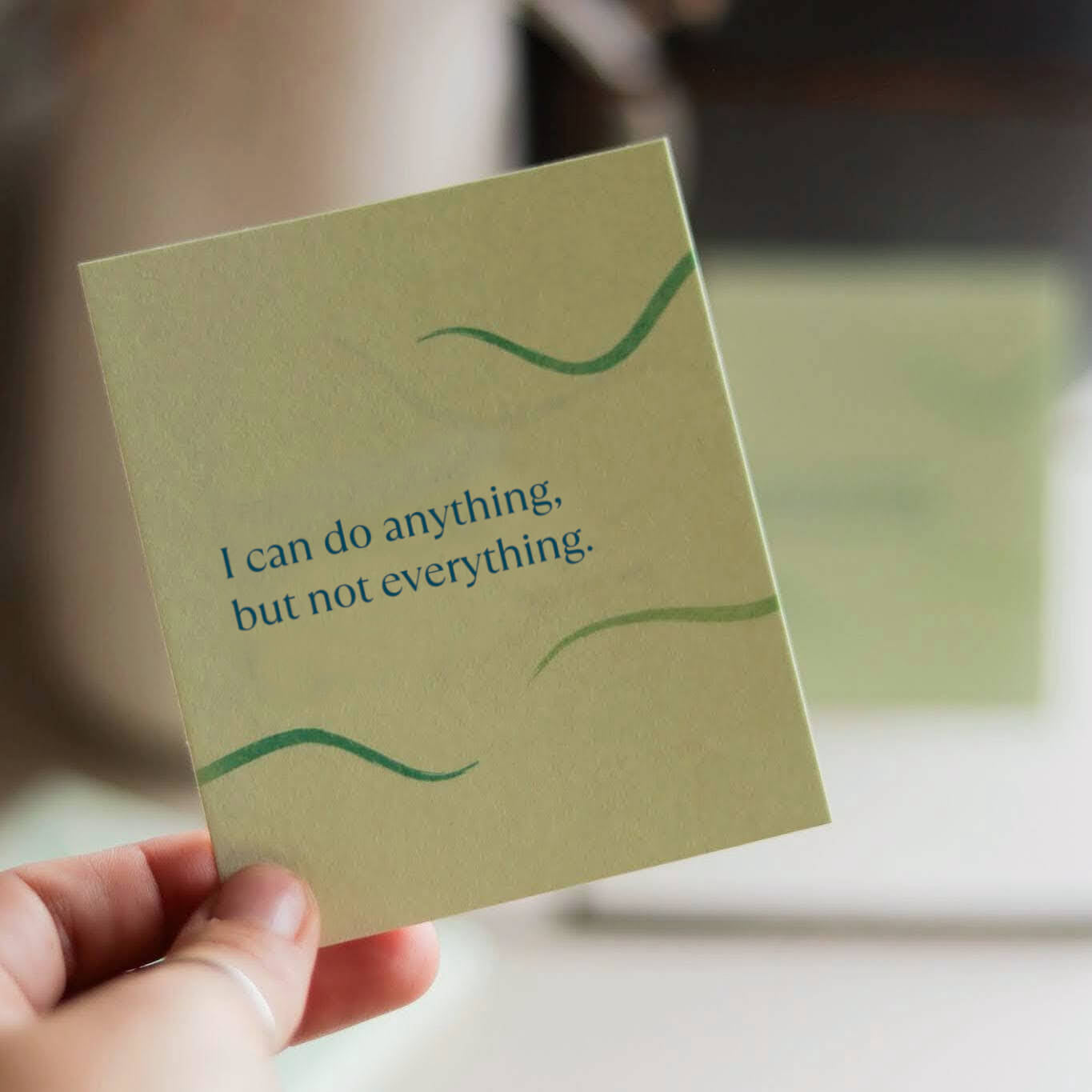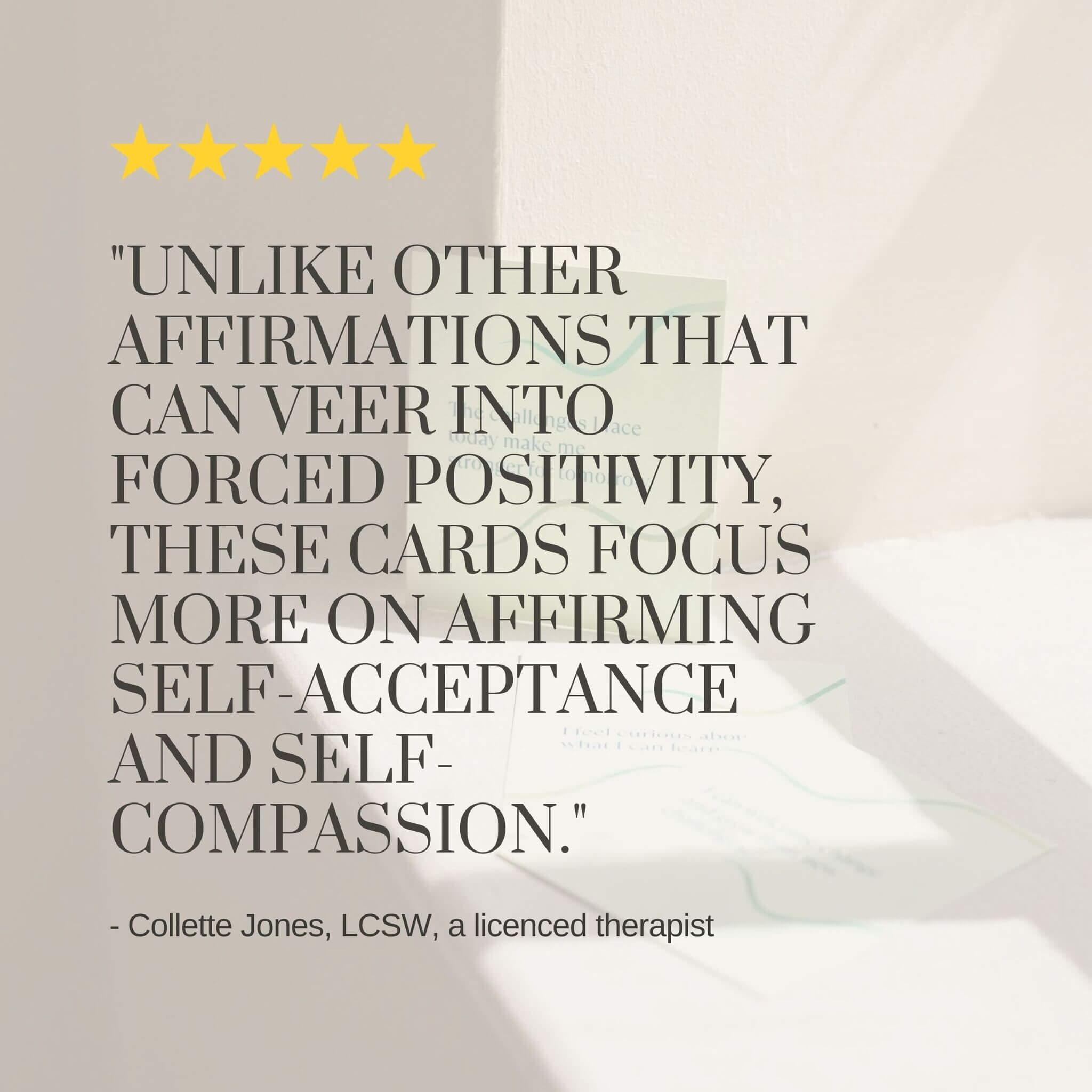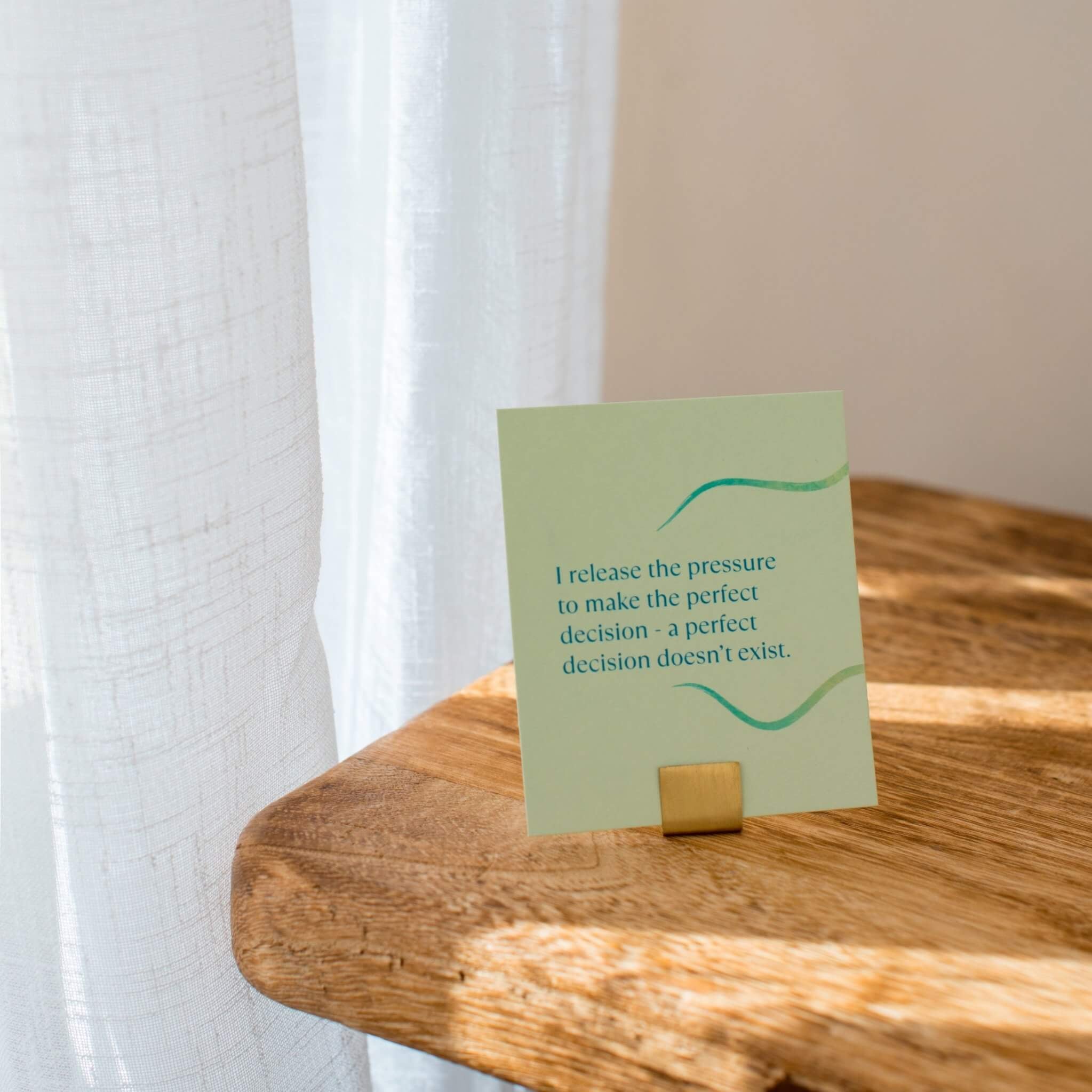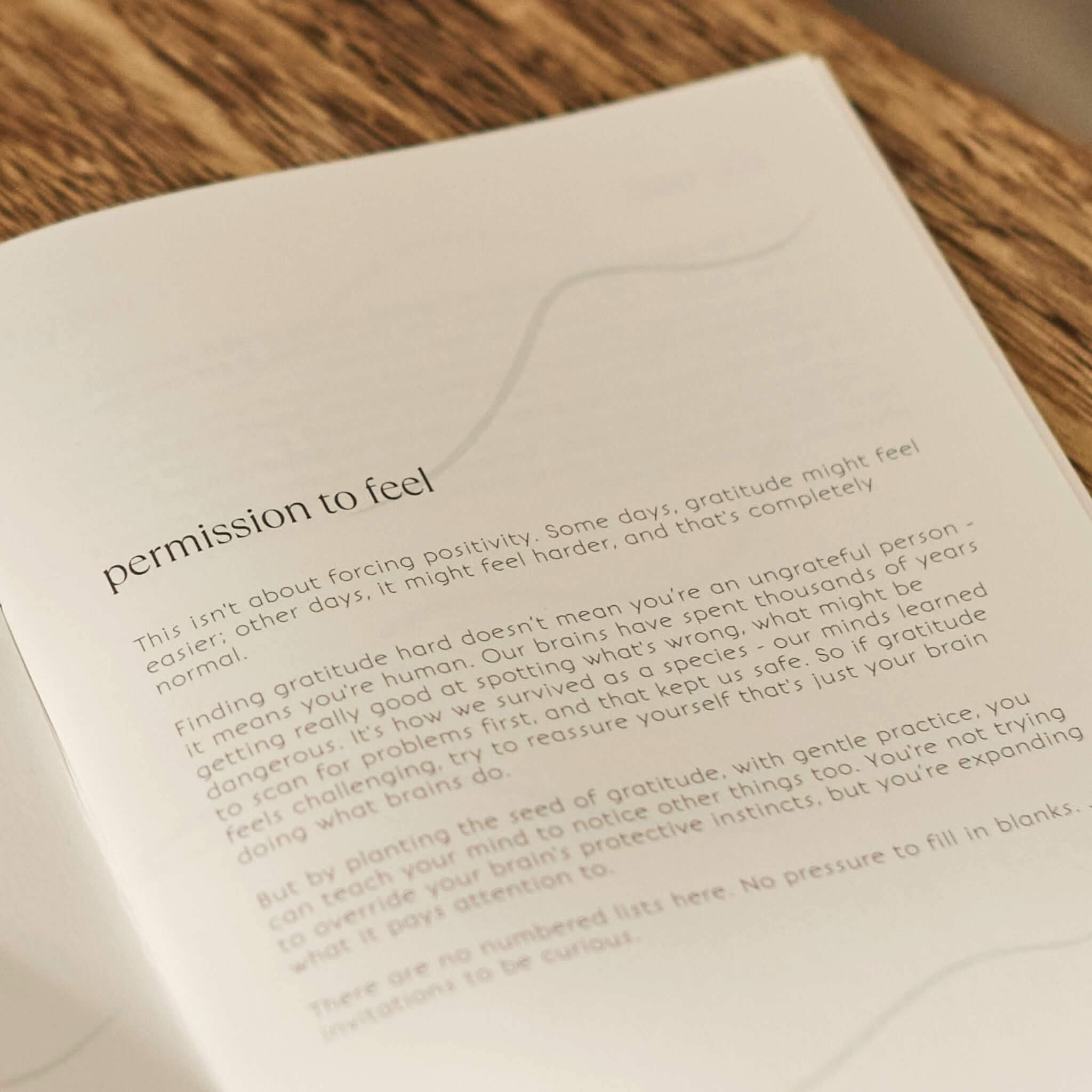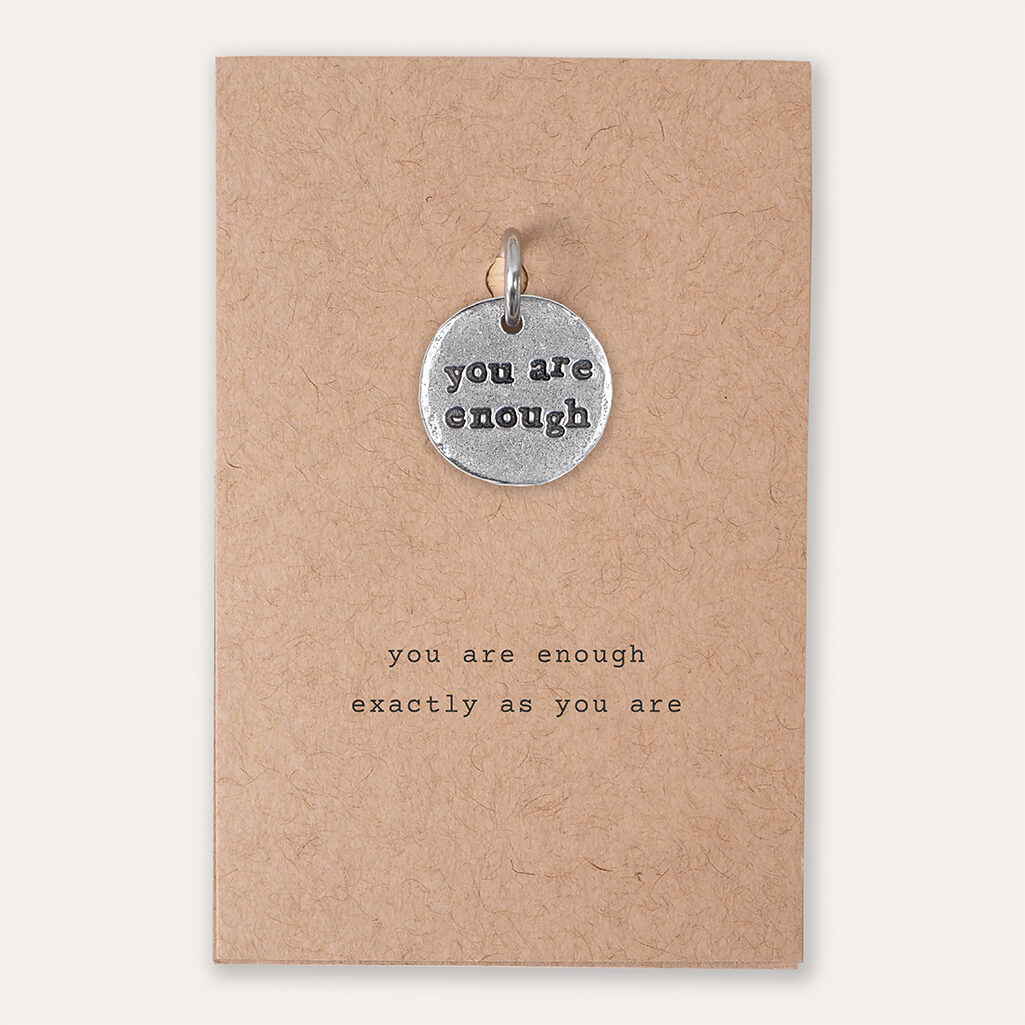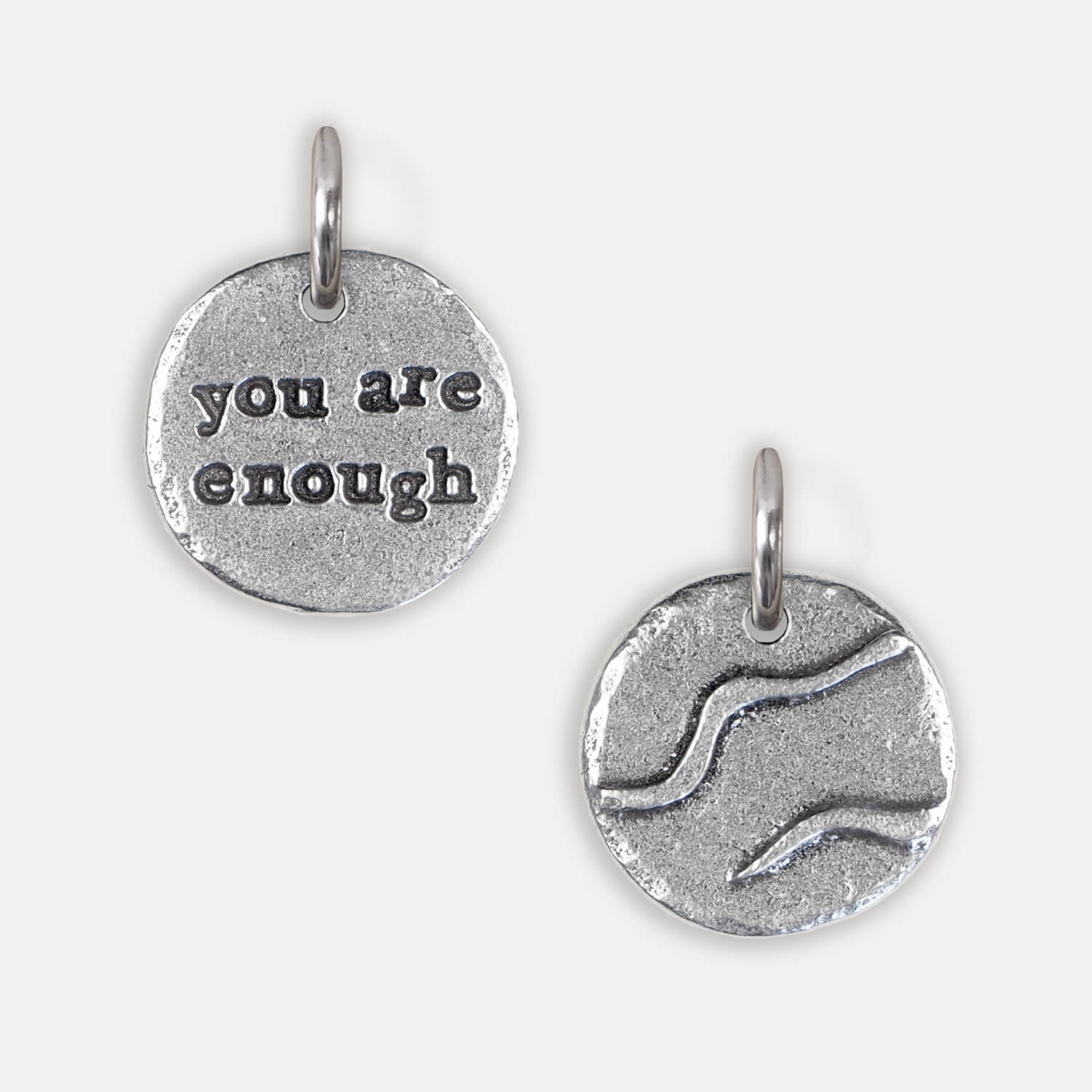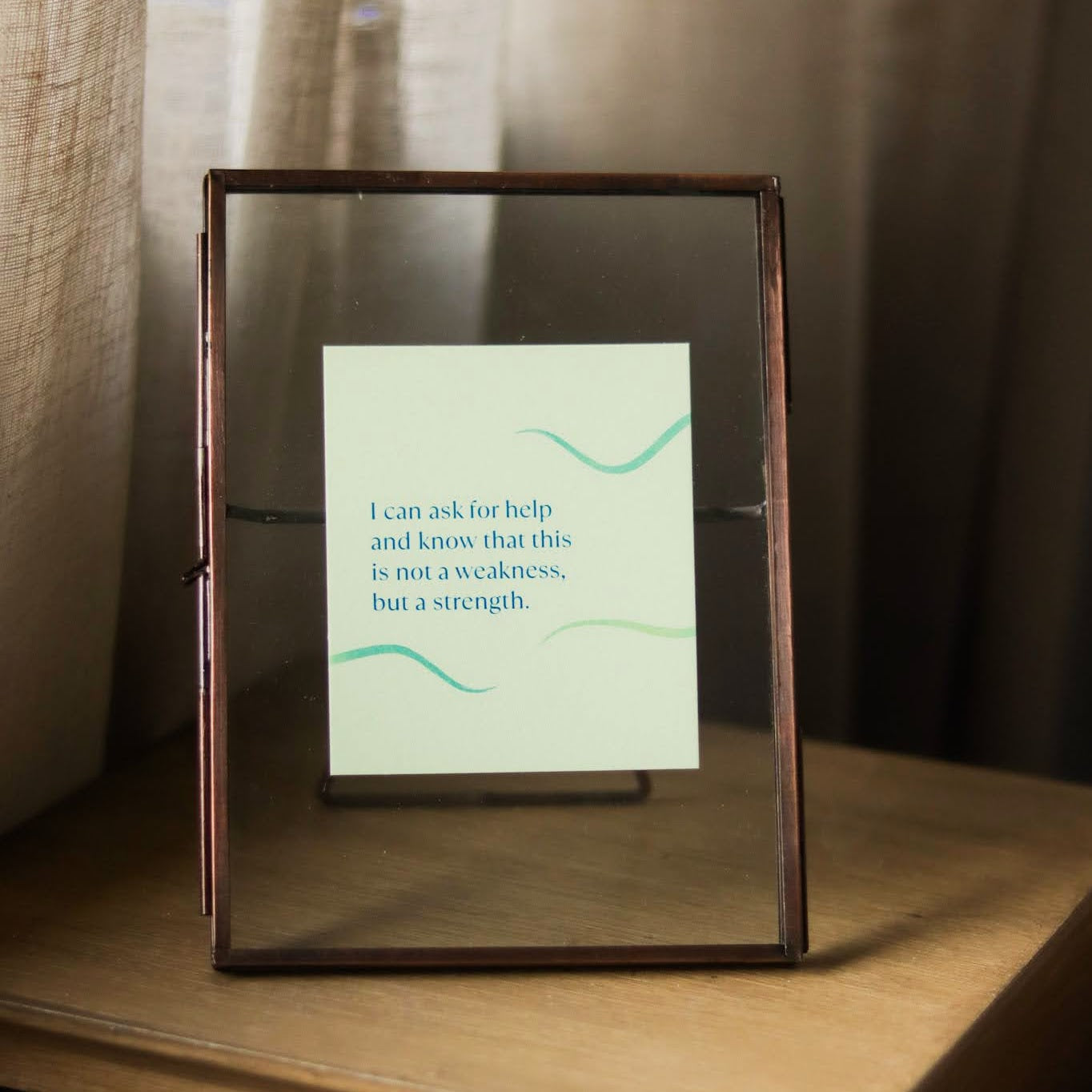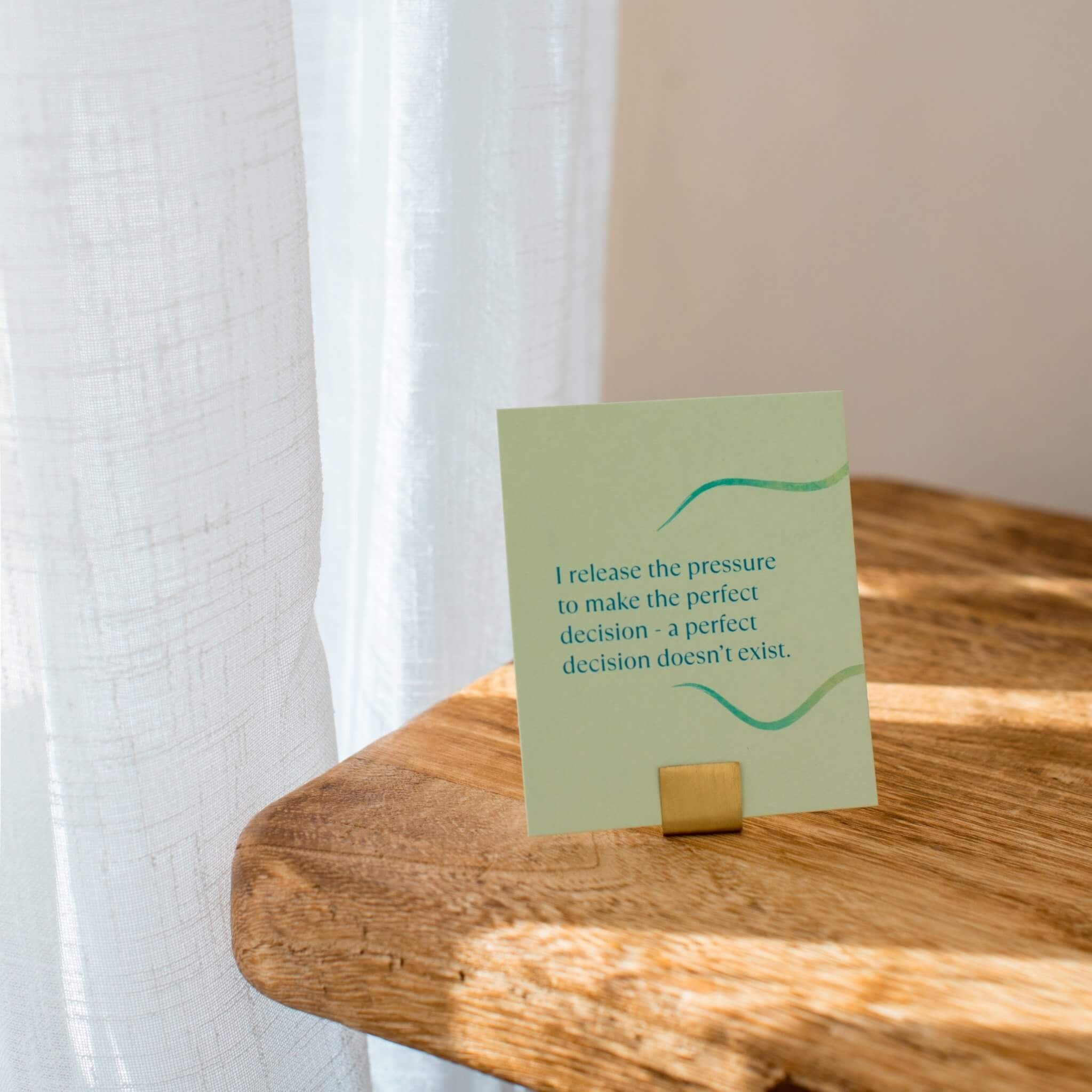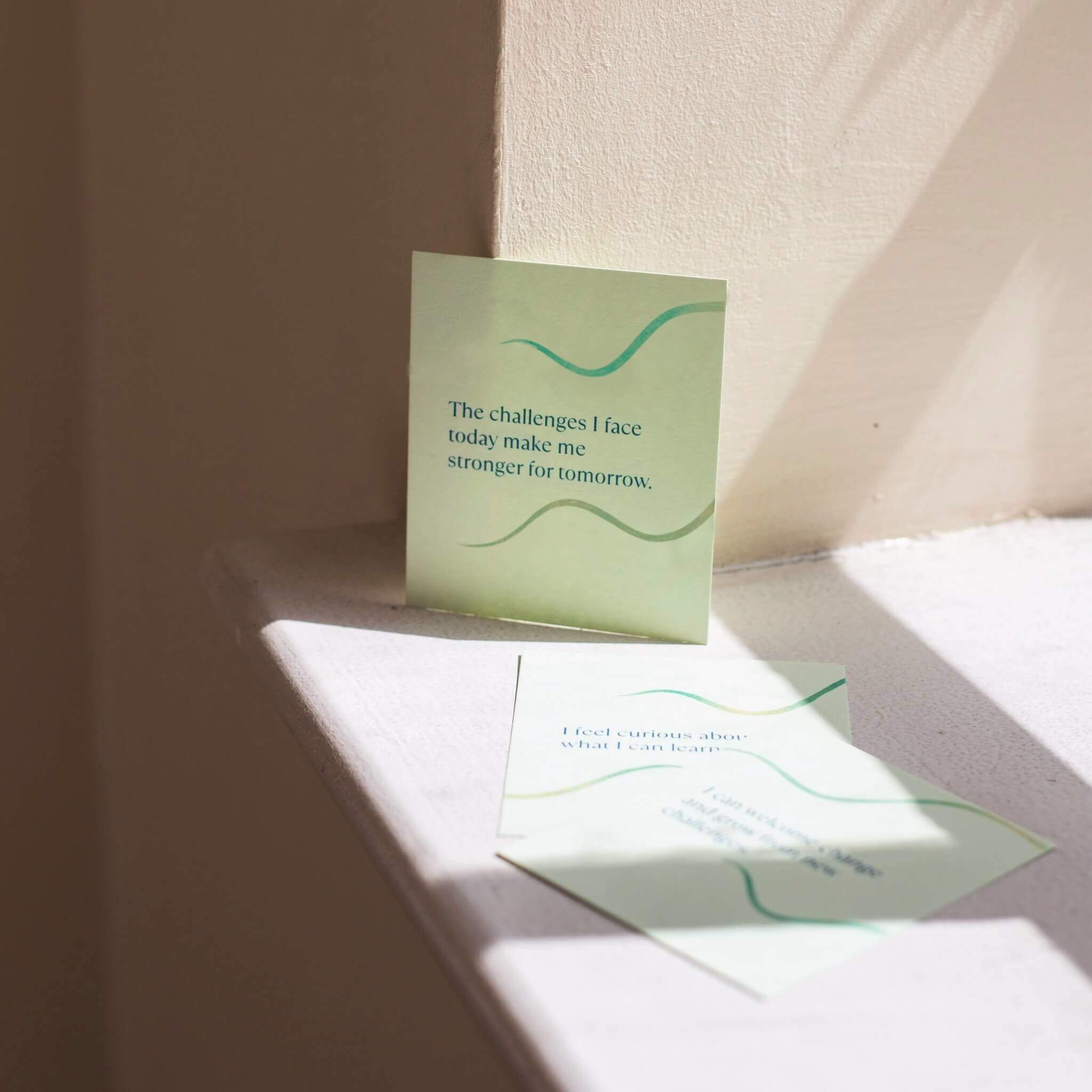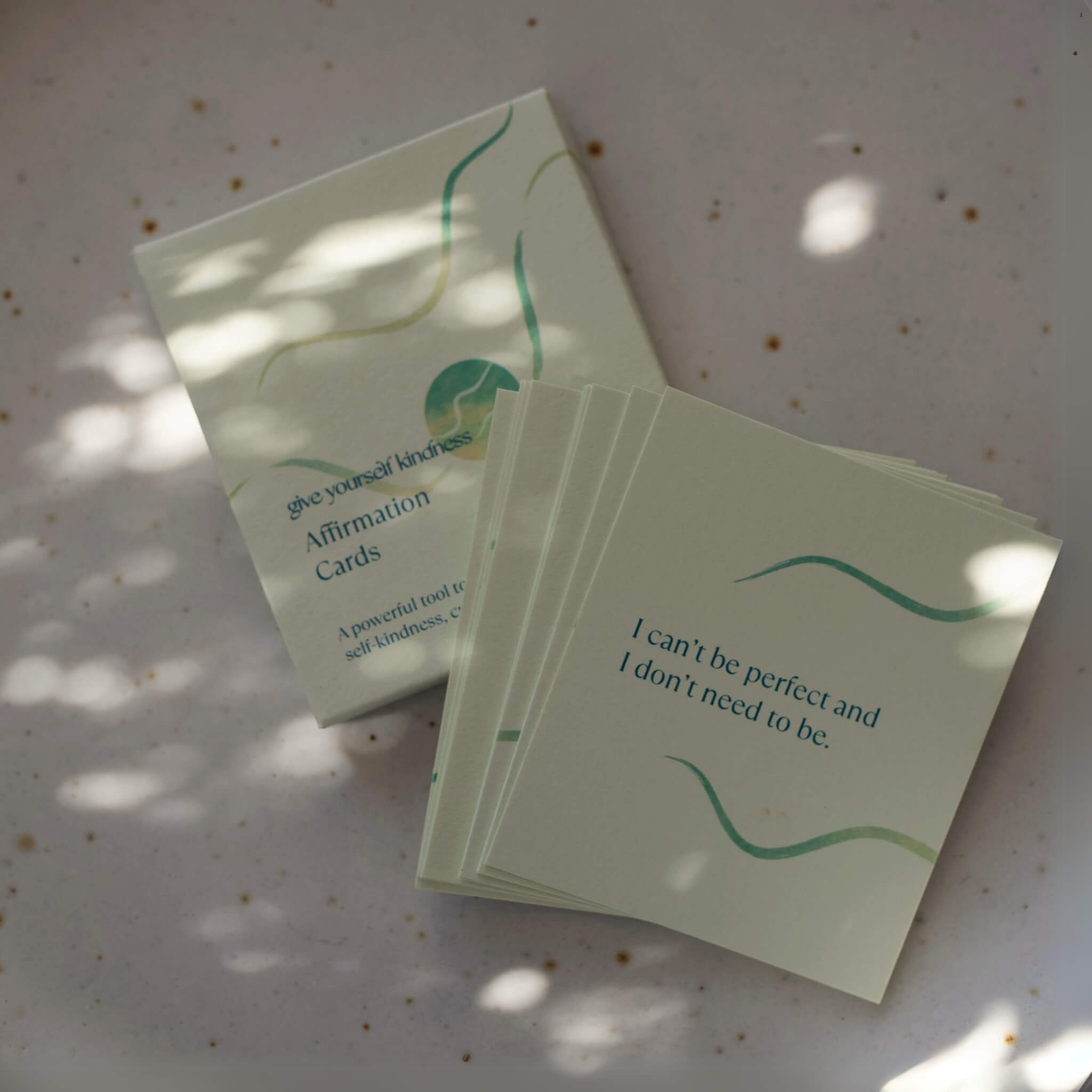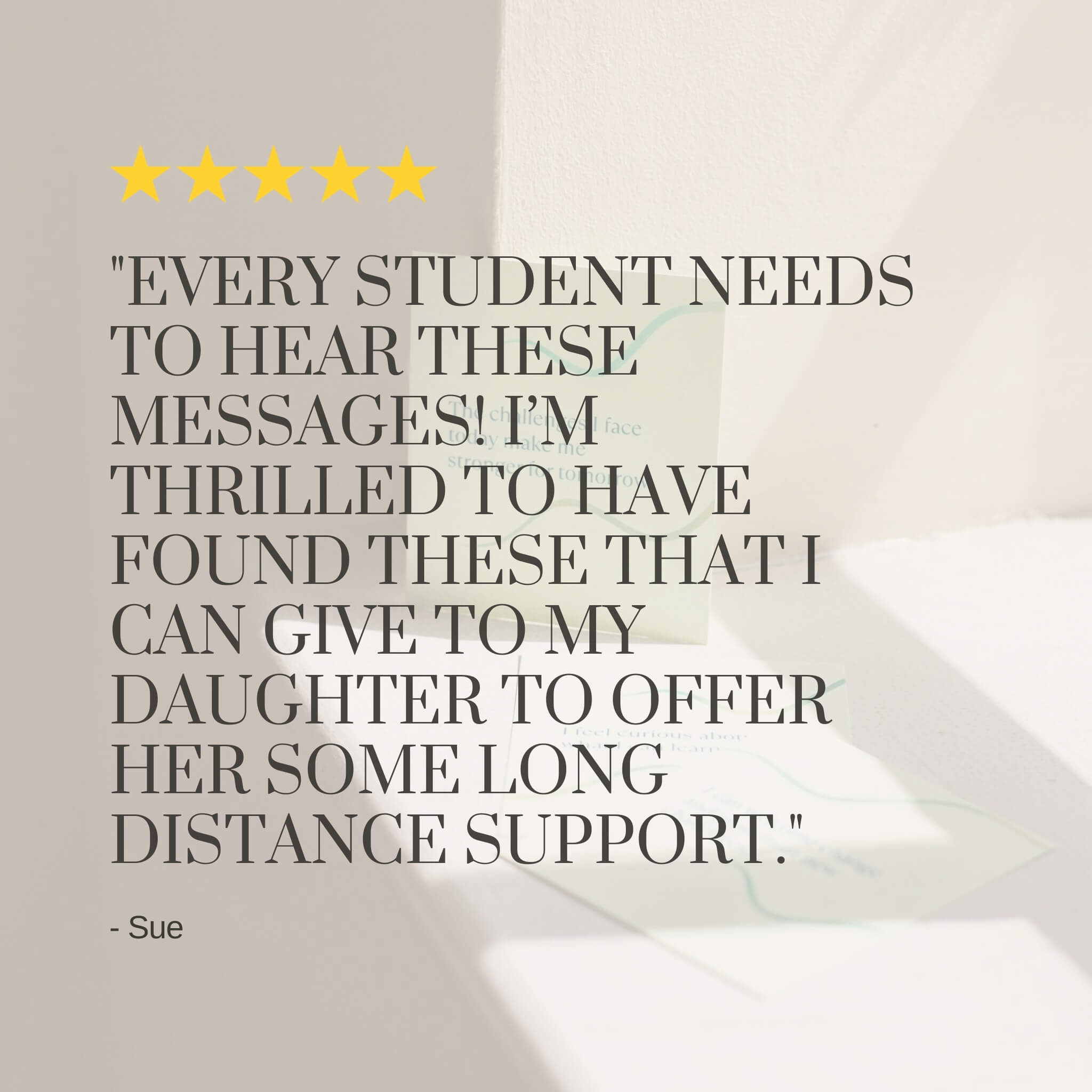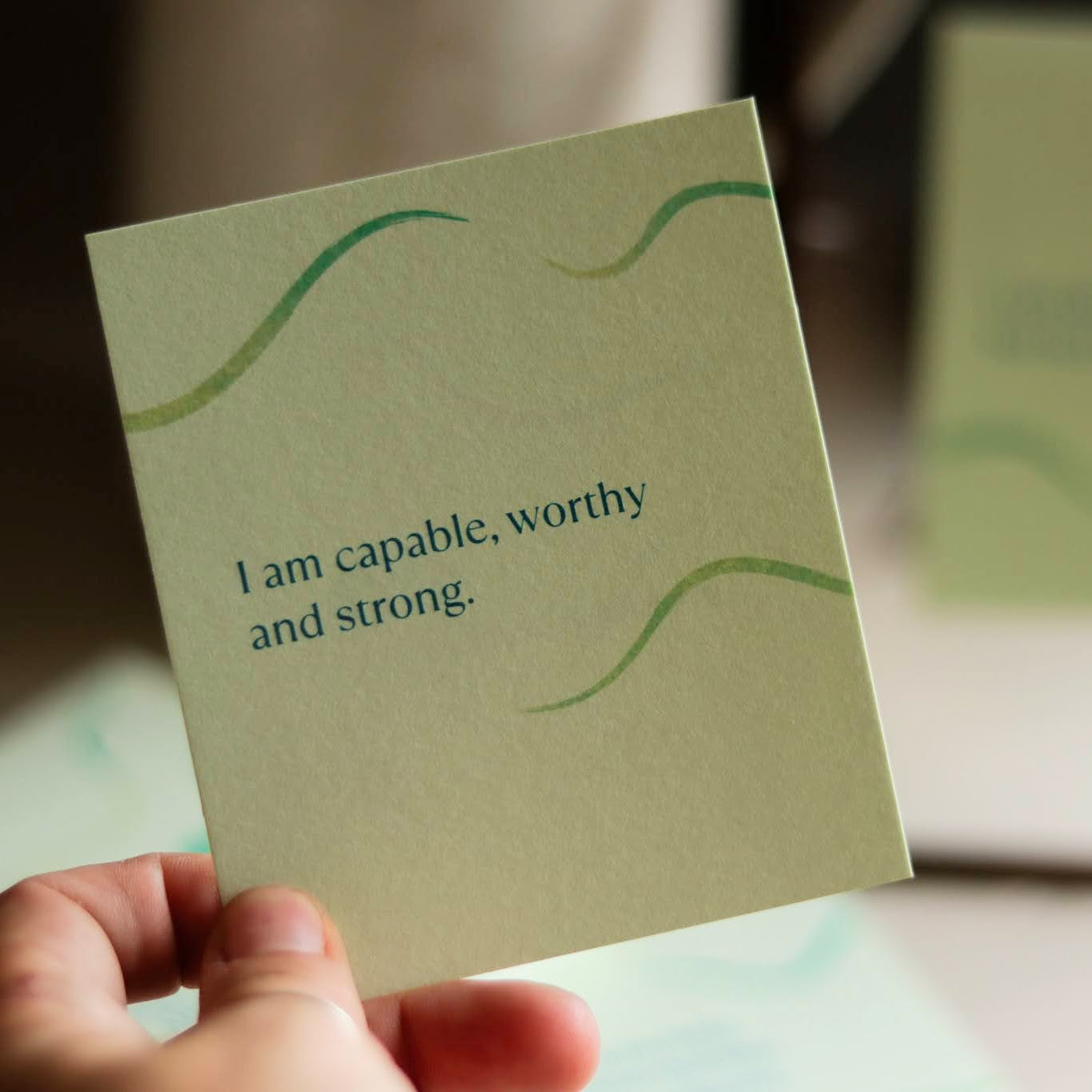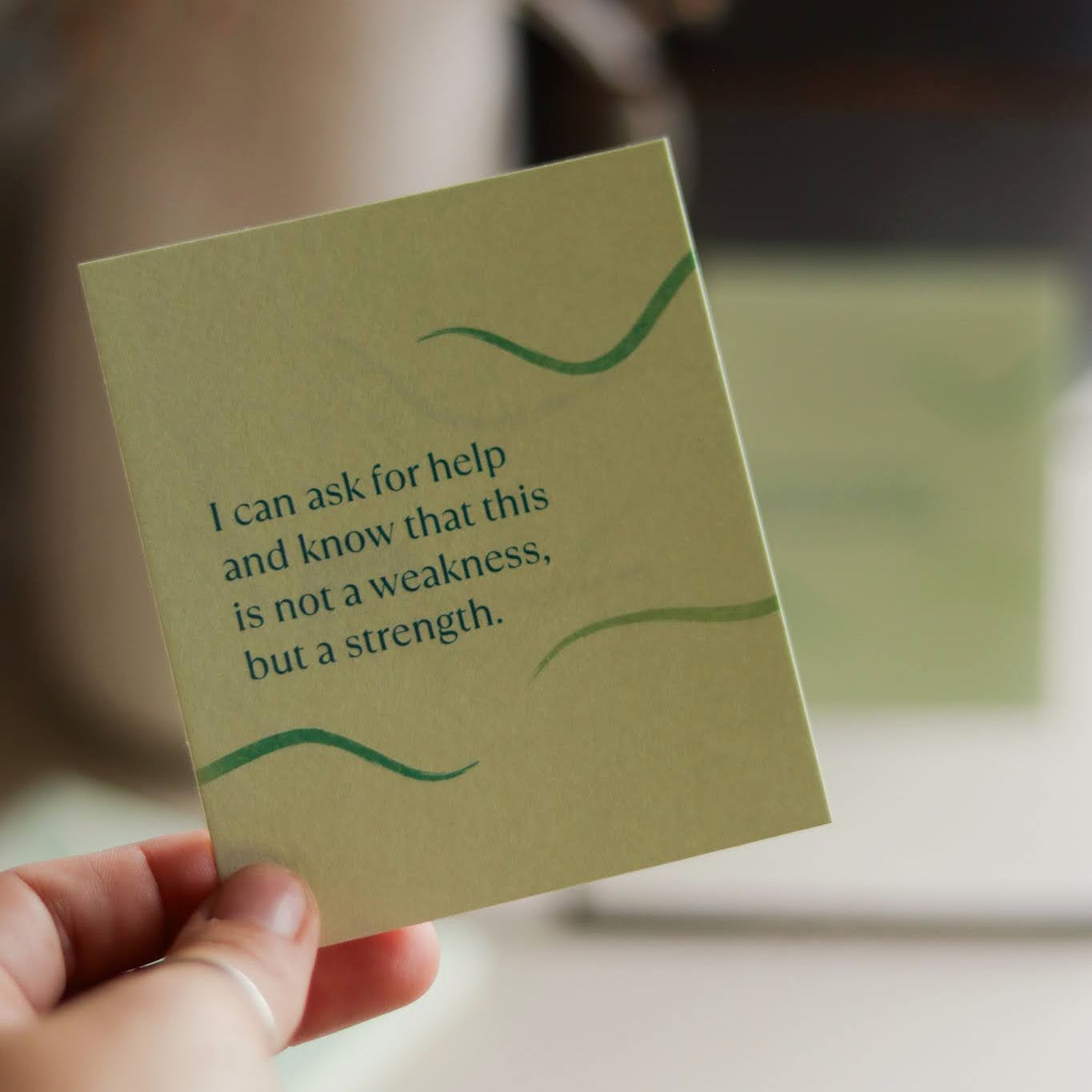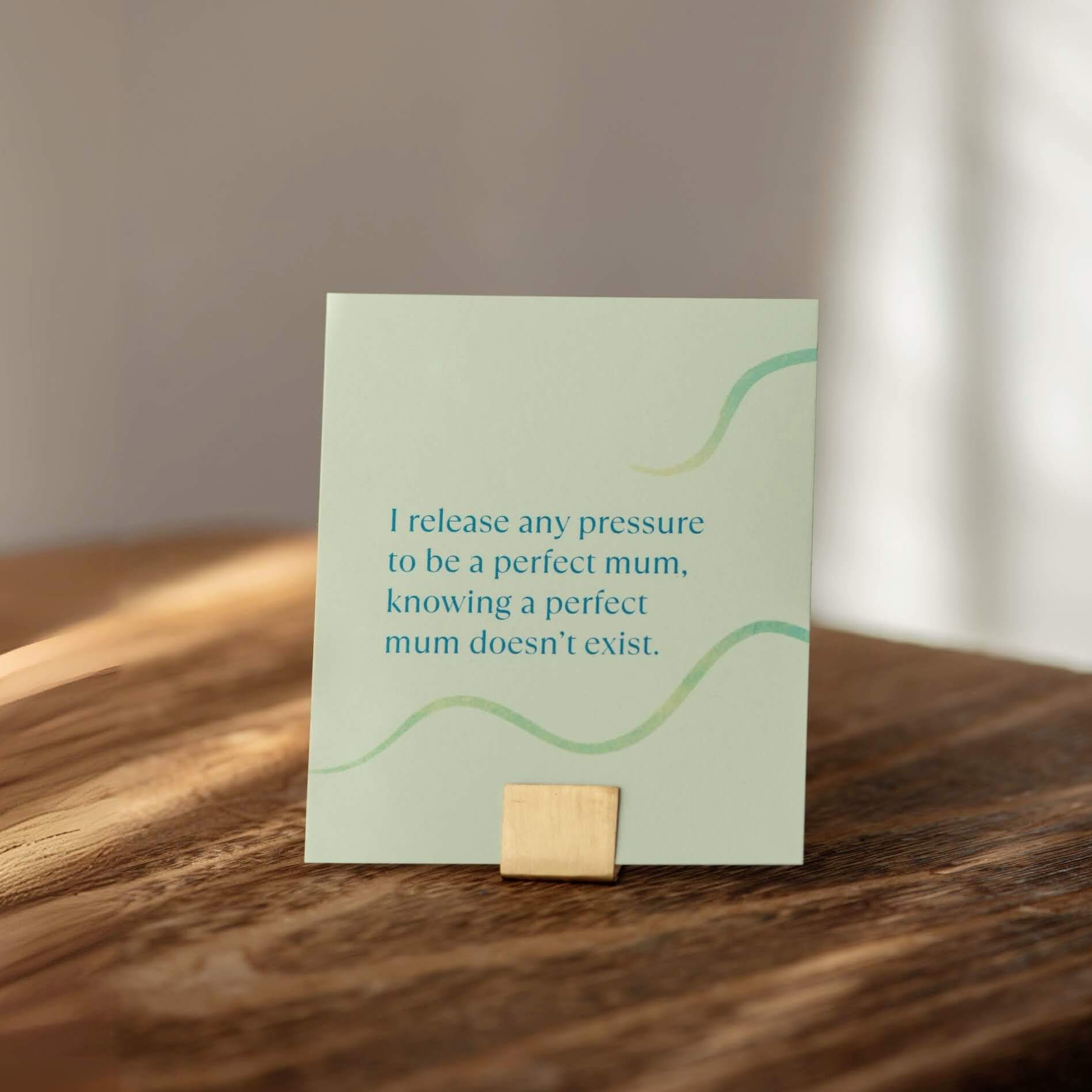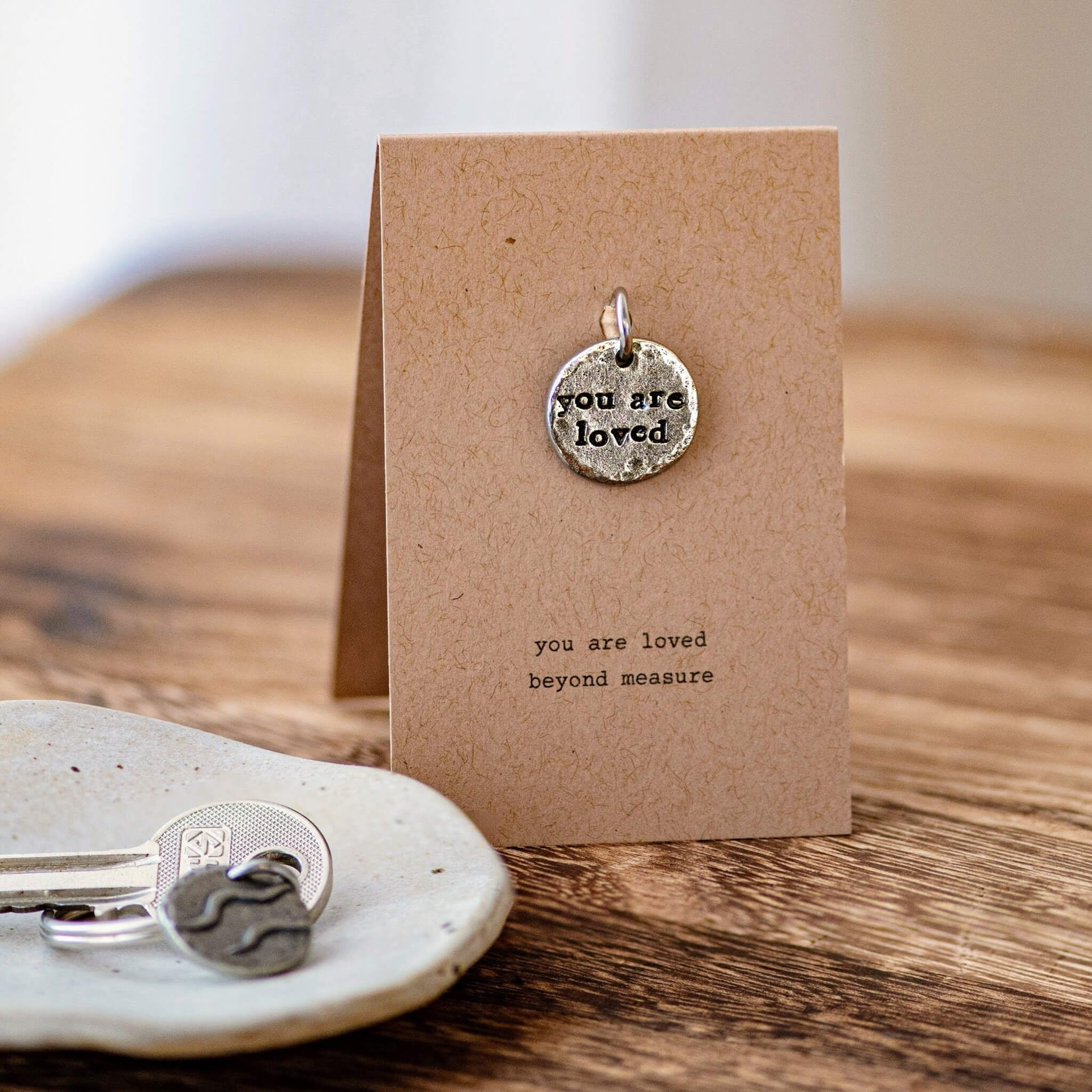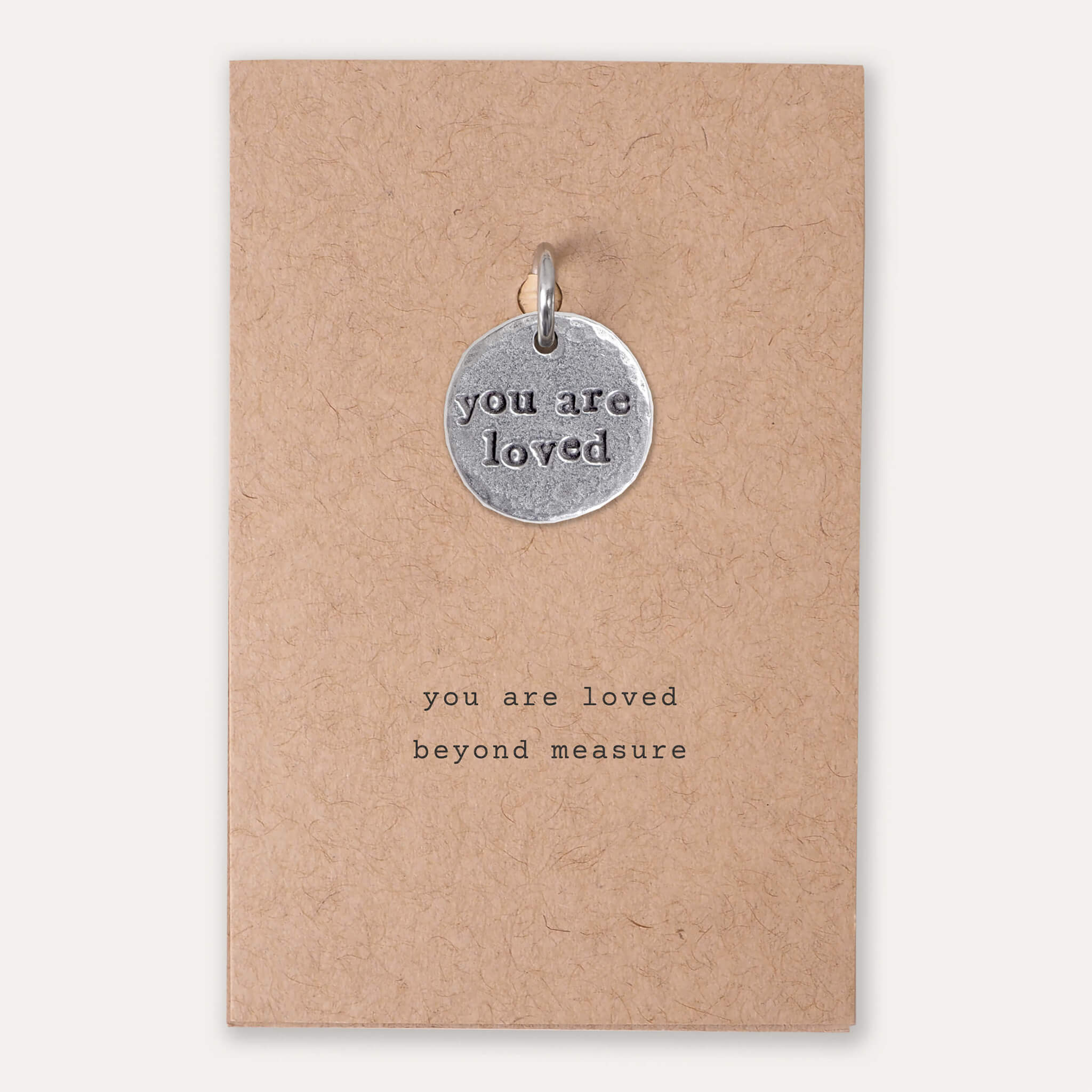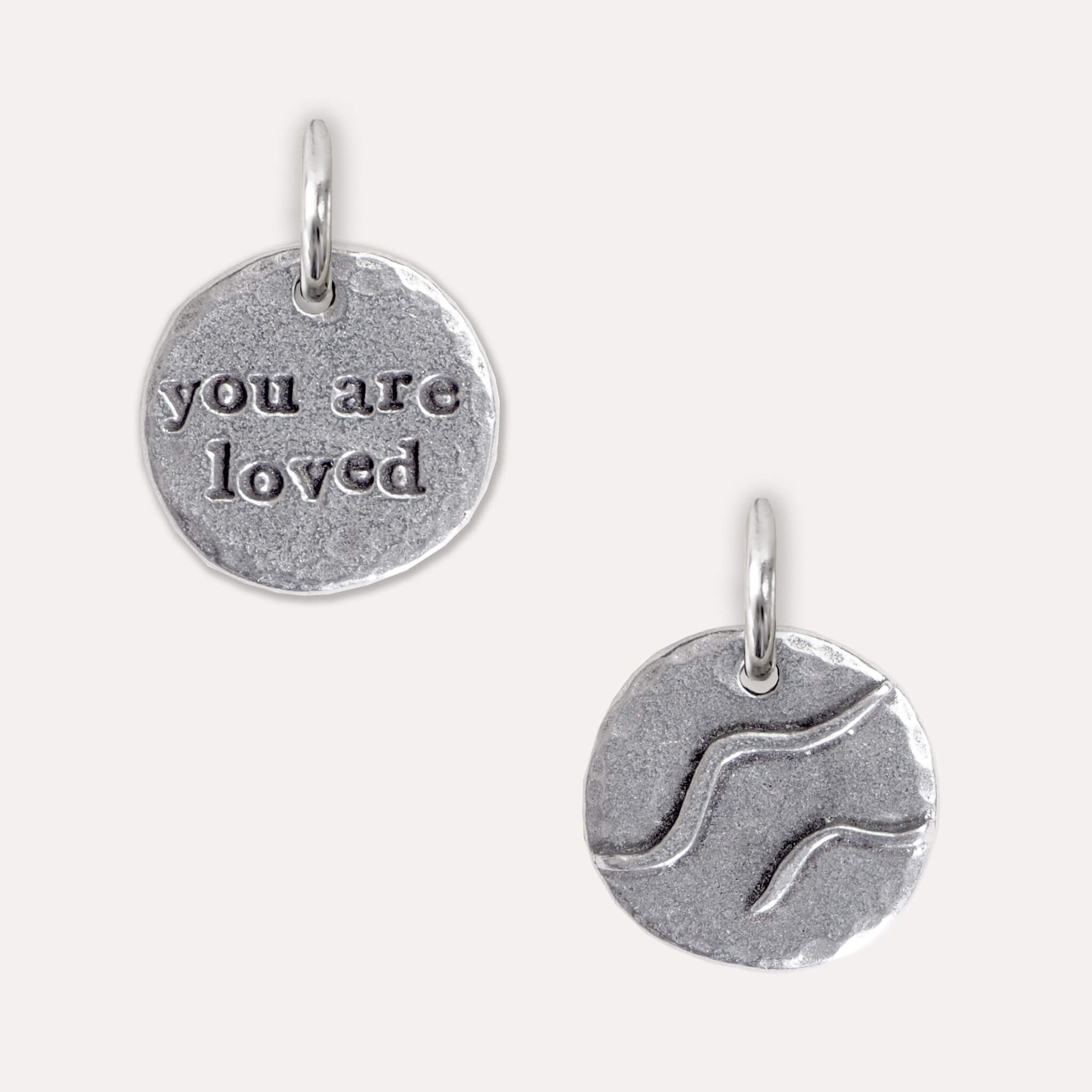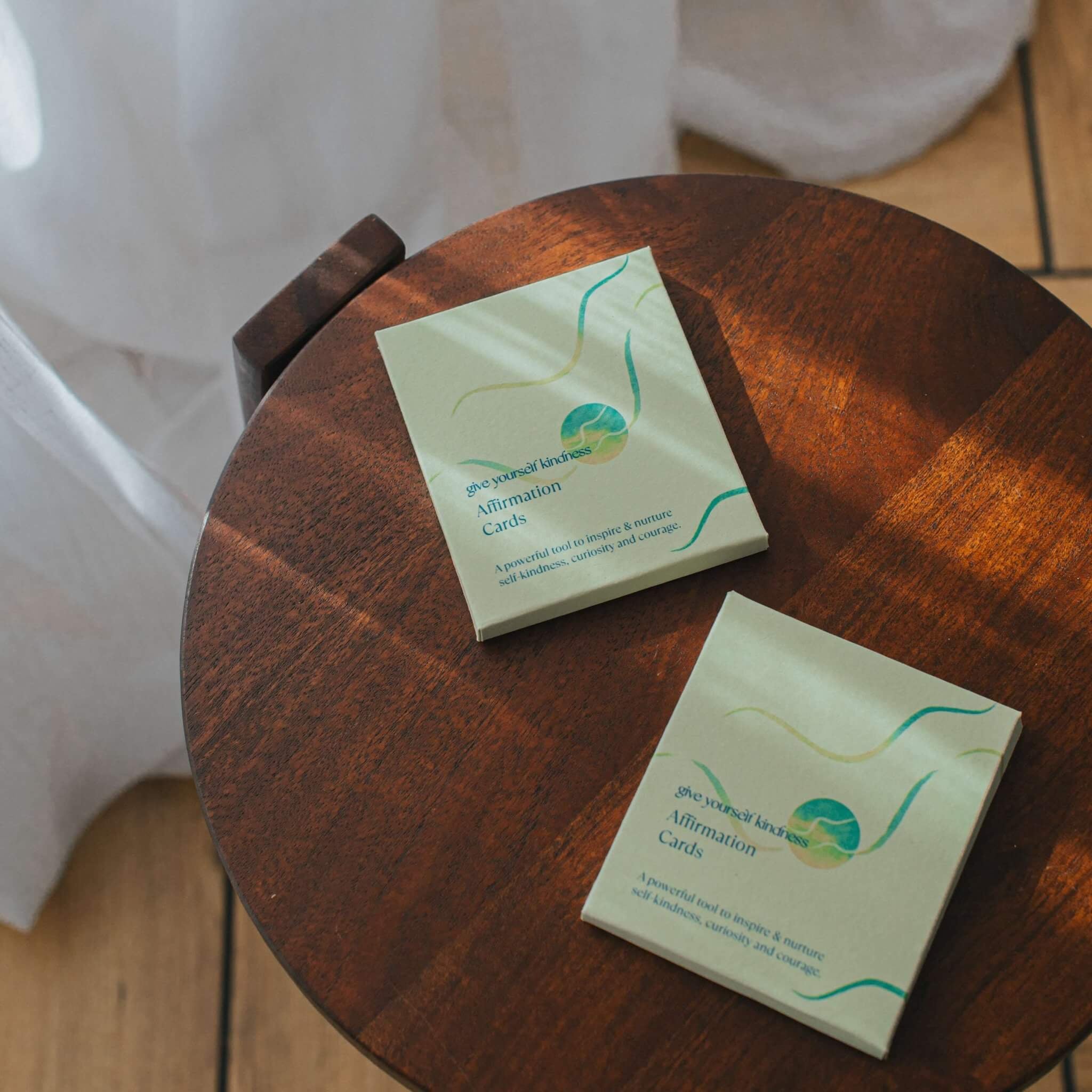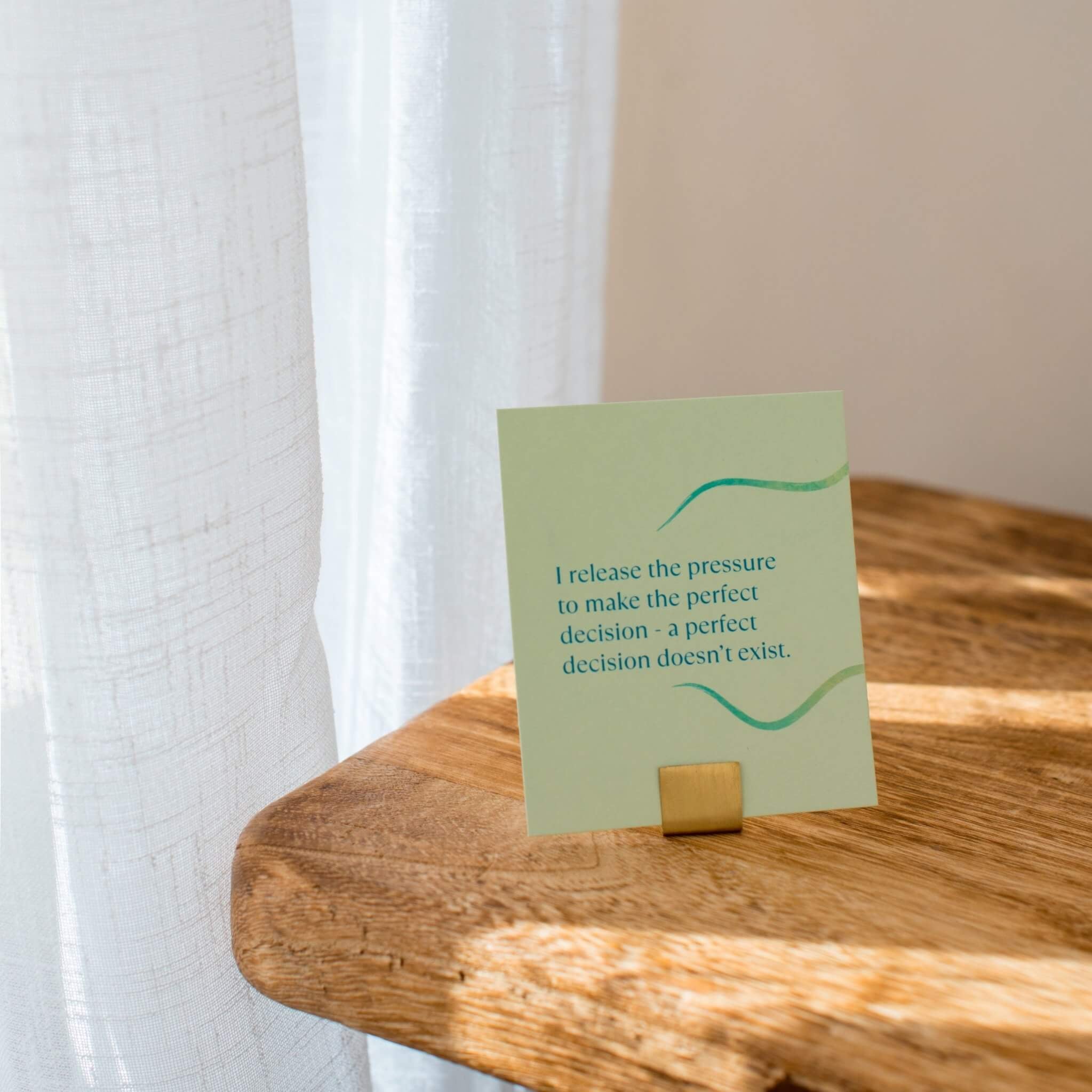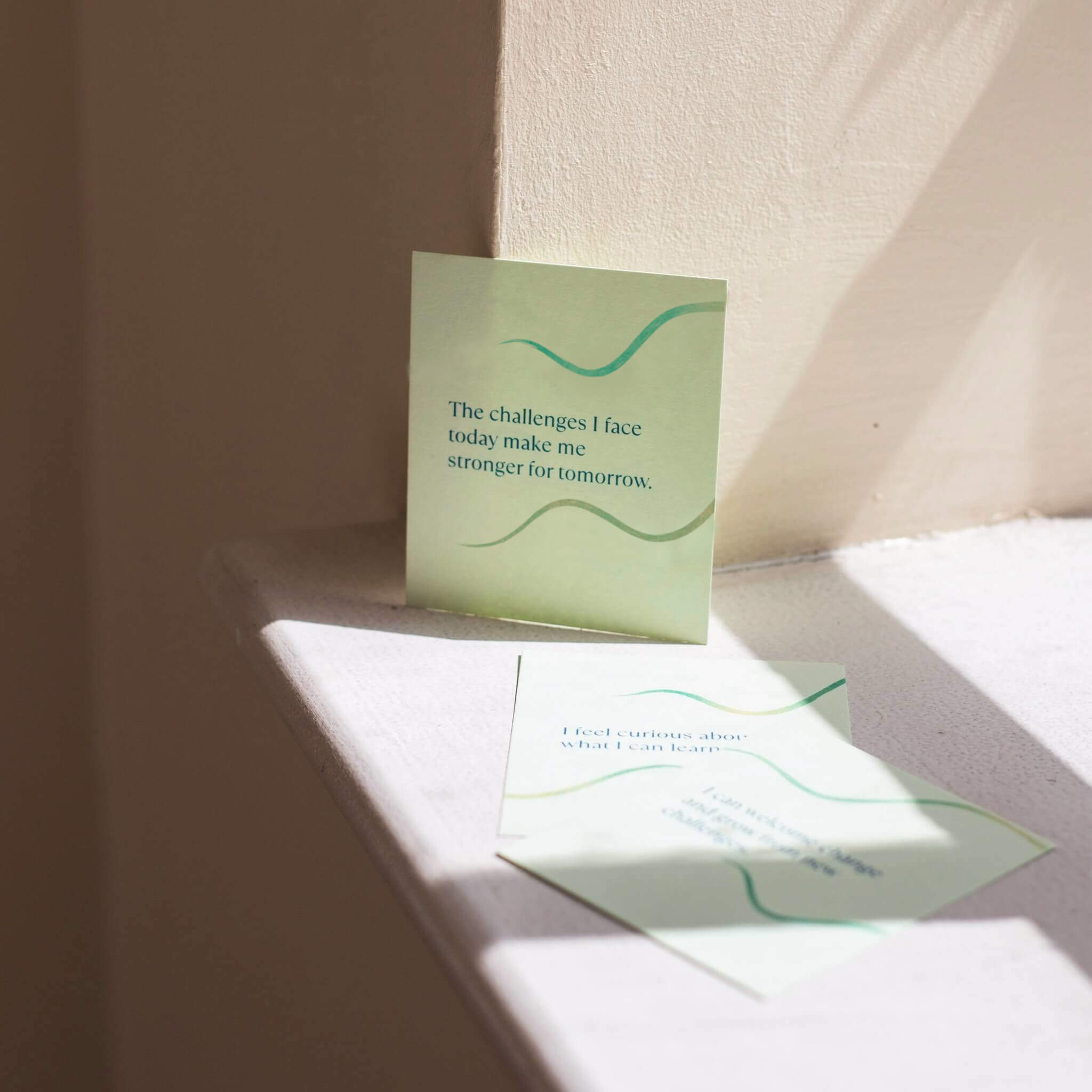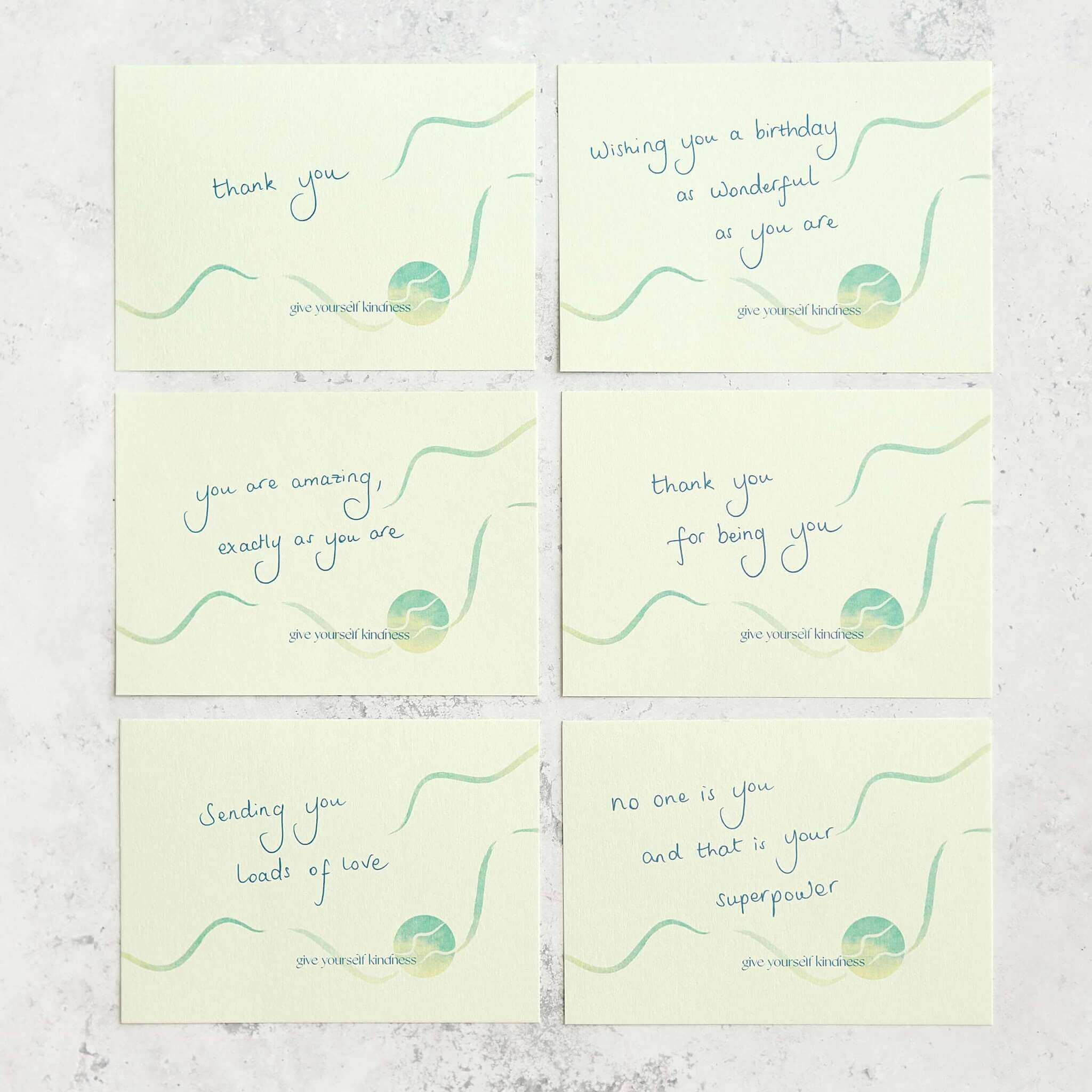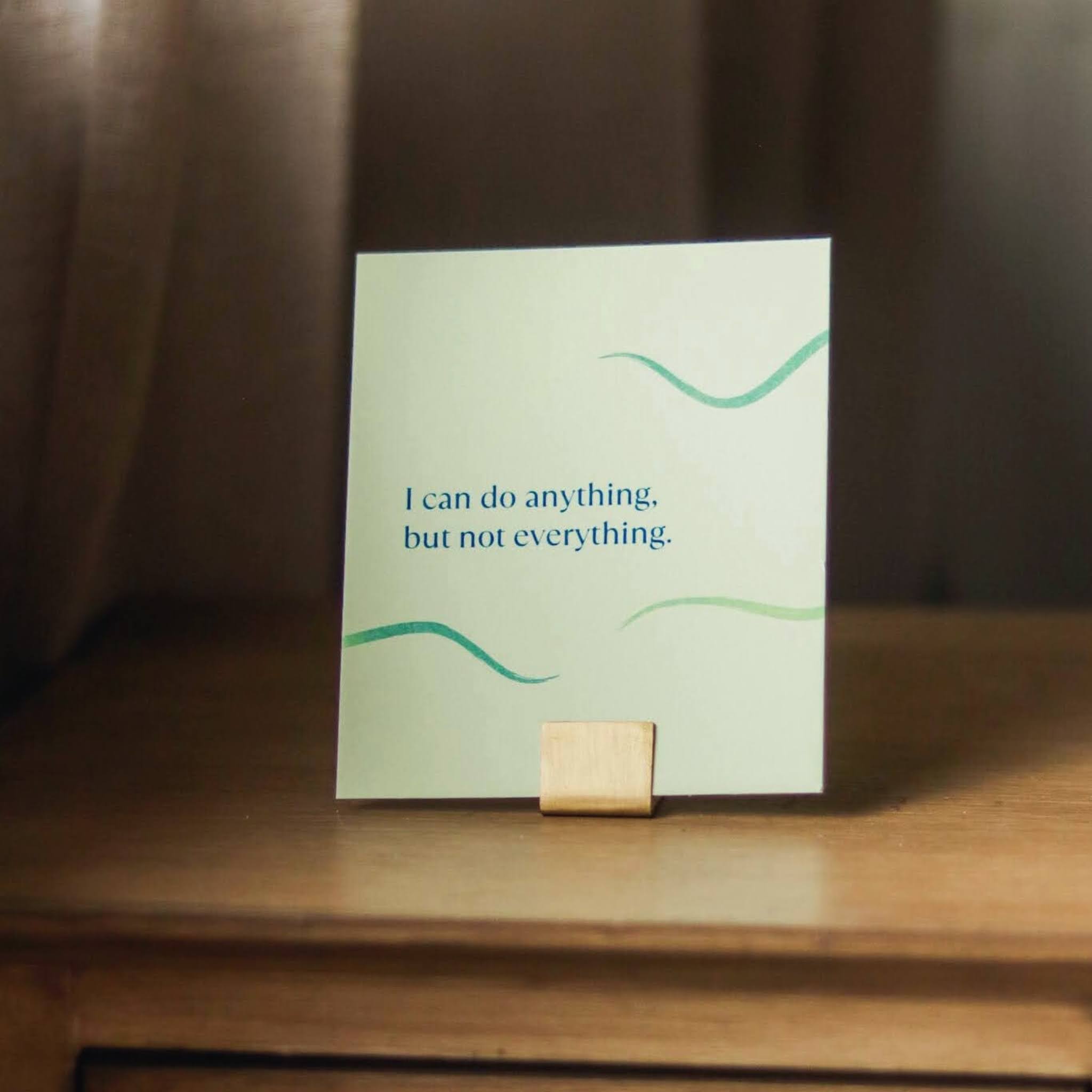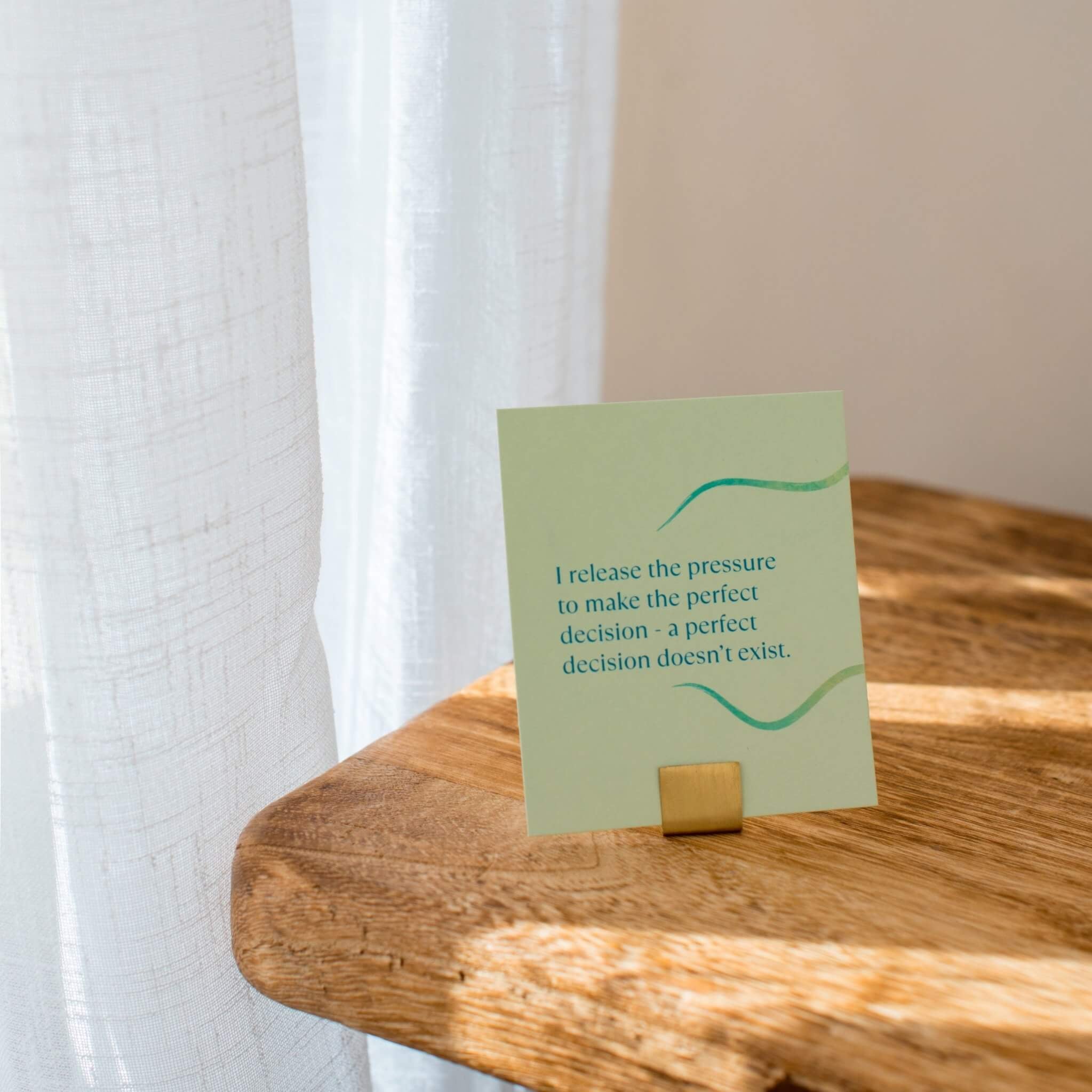What forgiveness means
Forgiveness does not mean letting someone off the hook. You don’t have to agree with their actions, but you can allow ourselves to become happier by letting go.
'you have to have had a period of time of unforgiveness'
In order to forgive, you have to have had a period of time of unforgiveness, and you have to have created a grievance against something. Forgiveness resolves your created grievance.
It's not terrible to create a grievance, it's not terrible to say they did the wrong thing and it really screwed with my life - I've suffered the consequences now for a while. That's perfectly healthy. What becomes unhealthy is when you don't move past that.
The difficult reality of forgiveness
When you forgive, you're resolving something that you created. It's not like you say it's okay that they went through a red light and hit my car - of course that's not okay. But after two years, it doesn't really matter what your opinion is about it.
That's the difficult reality - whether you think it's okay or not, it's irrelevant.
'you say at some level "so what?"'
Forgiveness means yeah, you accept the fact that you don't think this was right, and then you say at some level "so what?" I don't think it's right - things that I don't think are right happen all the time. This is not the first time that's ever happened and it's not going to be the last time.
So how do I now make peace with something that I don't think is right?
That's the essence of forgiveness and why it's challenging because you're making peace with something that you don't approve of. And that's a wonderful thing to attempt because, in a little way, it's the world healing itself.
9 steps to forgiveness
1. Know how you feel
Know exactly how you feel about what happened and be able to articulate what about the situation is not OK. Then, tell a trusted couple of people about your experience.
2. Make the choice to heal
Make a commitment to yourself to do what you have to do to feel better. Forgiveness is for you and not for anyone else.
'Forgiveness is for you and not for anyone else.'
3. Understand what forgiveness means
Forgiveness does not necessarily mean reconciliation with the person that hurt you, or condoning their action. What you are after is to find peace.
Forgiveness can be defined as the “peace and understanding that come from blaming that which has hurt you less, taking the life experience less personally, and changing your grievance story.”
4. Get real about your pain
Get the right perspective on what is happening. Recognize that your primary distress is coming from the hurt feelings, thoughts and physical upset you are suffering now, not what offended you or hurt you two minutes – or ten years – ago. Forgiveness helps to heal those hurt feelings.
5. Practice PERT (Positive Emotion Refocusing Technique)
At the moment you feel upset practice a simple stress management technique to soothe your body’s flight or fight response. In our work, we suggest PERT or positive emotion refocusing technique.
Bring your attention fully to your stomach as you slowly draw and out two deep breaths.
As you inhale, allow the air to gently push your belly out.
As you exhale, consciously relax your belly so that it feel soft.
On the third full and deep inhalation, bring to your mind’s eye an image of someone you love or of a beautiful scene in nature that fills you with awe and wonder.
6. Let go of impossible rules
Give up expecting things from other people, or your life, that they do not choose to give you.
Recognize the “unenforceable rules” you have for your health or how you or other people must behave. Remind yourself that you can hope for health, love, peace and prosperity and work hard to get them.
7. Find a new path forward
Put your energy into looking for another way to get your positive goals met than through the experience that has hurt you. Instead of mentally replaying your hurt, seek out new ways to get what you want.
8. Live your best life
Remember that a life well lived is your best revenge. Instead of focusing on your wounded feelings and thereby giving the person who caused you pain power over you, learn to look for the love, beauty and kindness around you. Forgiveness is about reclaiming your personal power.
'Forgiveness is about reclaiming your personal power'
9. Rewrite your story
Amend your grievance story to remind you of the heroic choice to forgive. Your story goes from victim to hero as you move to forgiveness.
Choosing forgiveness
The practice of forgiveness has been shown to reduce anger, hurt, depression and stress and leads to greater feelings of hope, peace, compassion and self-confidence. Practicing forgiveness leads to healthy relationships as well as physical health. It also influences our attitude which opens the heart to kindness, beauty, and love.

Dr. Frederic Luskin is a psychologist who has been teaching at Stanford University for the past 30 years. He has a PhD in Counseling and Health Psychology from Stanford University and holds clinical licenses as a Psychologist and a Marriage and Family Counselor. Currently he is on the faculty for the GSB Executive Education program where he teaches mindfulness, emotional intelligence, psychological safety, and positive psychology to executives from all over the world. When not at Stanford, Dr. Luskin often speaks to a variety of audiences, including investors, corporate leaders, medical and mental health professionals, educators and several other organizations and individuals.
He also serves as Director of the Stanford University Forgiveness Projects. The forgiveness projects sponsor teaching and research that validate his nine steps to forgiveness. Dr. Luskin is one of the world’s recognized authorities on forgiveness, both of self and others and has taught forgiveness to tens of thousands of people.





